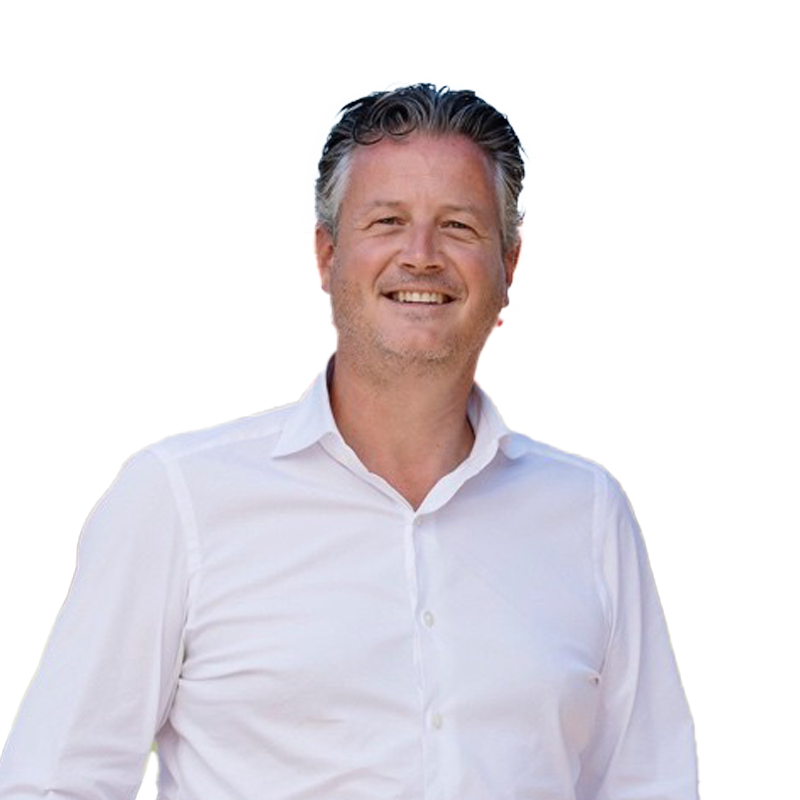Our story
Initiator Roel Maas has extensive experience in purchasing, operating and managing fuel stations. He has been active as an entrepreneur in this industry since 1999. In 2015 he sold his company with twentyfour fuel station operations, after which he focused entirely on purchasing and renting fuel station locations.
Blue River Infrastructure Fund is a growth fund. It purchases a mix of existing fuel stations and land for future energy hubs. This allows the fund to build the optimal portfolio with excellent return expectations. The total fund size will be € 50 million. When selecting fuel station real estate, high demands are placed on the quality of the real estate and, above all, the continuity of the cash flows. With € 50 million Blue River Infrastructure will be able to purchase 25-30 sites.
The return forecast assumes an investment period of ten years. The expected gross annual direct return will be 8.5-9.5%. The return calculations are based on a conservative approach. The return payment of the direct return takes place quarterly in arrears starting in the year after closing. The substantiation of the return is based on the results already achieved by the initiator over the last 15 years.
As the economy and prosperity grow, the number of cars on the road also increases.
The Knowledge Institute for Mobility Policy (KiM) supports us in this vision. She predicts that the Netherlands will have as many as 10 million passenger vehicles registered by 2040, an increase of more than 12% compared to January 1, 2023.
As of January 1, 2026, there are 9.6 million passenger vehicles (app. 590 thousand of which are fully electric) and more than 1.2 million commercial vehicles on Dutch roads. Approximately 380.000 new cars are registered in the Netherlands every year. About 35% of sales ( approx. 120.000) concern so-called full/battery electric vehicles. All other newly registered cars are hybrid and/or have a combustion engine.
At the same time, the European government has delayed the ban on the sale of fuel engines from 2035. There are many bumps along the way. The electricity supply is insufficient. In addition, new electric cars are very expensive, interest rate expectations are ”higher for longer” and inflation is above the desired level. In short, consumers have plenty of reasons to be cautious about purchasing a new electric car.
The Netherlands has a stable number of approximately 4.100 fuel stations. These are located along the highway (approx. 200), on an industrial estate (approx. 1.100), in a rural area (approx. 800), in a residential area (approx. 1.000) and along an urban outbound road or ring road (approx. 1.000). Blue River focuses mainly on the last two categories, residential areas and along urban thoroughfares. Every year over 11 billion liters of fuel are refueled in the Netherlands.
All these facts strengthen our confidence that filling stations will remain necessary for decades to come to supply the existing growing fleet with energy.
The tenants of Blue River Infrastructure are the well-known large internationally operating energy companies. With these companies very long-term rental agreements are concluded. (triple nett, starting from 10 years).
If we have aroused your interest in investing, we will be happy to make an appointment to discuss the details and possibilities.
About our team:

Roel Maas
Initiator and General Partner of Blue River Infrastructure Fund

